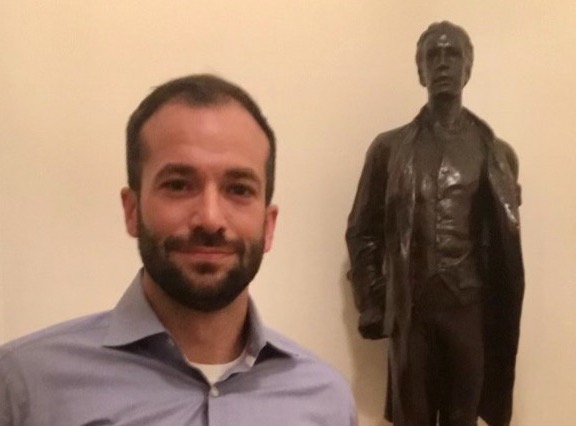The Secret Service Fund
- Jeff Rogg

- Dec 22, 2020
- 2 min read
When George Washington became the first President of the United States, he also became the first Spymaster-in-Chief. During the Revolutionary War, Washington had to ask Robert Morris, the "Financier of the Revolution," and the Continental Congress for money to conduct intelligence operations. As president, Washington understood that he needed funds from Congress to support the intelligence work of the United States government.
On January 8, 1790, in his "First Annual Message to Congress," now known to us as the "State of the Union Address," Washington requested a "competent fund" to support the "conduct of our foreign affairs." But Washington wasn't talking about the State Department, which had its own funds from Congress. He was talking about intelligence.
In July 1790, Congress approved the "Contingent Fund for Foreign Intercourse," which gave Washington $40,000--over $1 million today--for "the support of such persons as he shall commission to serve the United States in foreign parts," adding that Washington did not need to report to Congress about how he spent the money. In other words, Congress did not give itself any role in what we now call "congressional intelligence oversight." Eventually, the "Contingent Fund for Foreign Intercourse" became known as the "Secret Service Fund," a better name for it that describes its real function.
As a result, an American intelligence tradition was born: The President of the United States could hire spies and conduct intelligence operations as he saw fit without needing to report any of it to Congress. In later years, and especially during the Church Committee hearings on intelligence in the 1970s, Congress decided it made a mistake in giving the president so much authority over intelligence. But, in 1790, Congress refused to use its "power of the purse" to oversee the president's intelligence operations.
Washington immediately used the Contingent Fund to pay two intelligence agents: Gouverneur Morris, a well-known delegate to the Constitutional Convention, and David Humphreys, a Colonel in the army who worked for Washington during the Revolutionary War. Morris went to London to report on the British government and what it had in store for the United States. Humphreys was an unofficial agent in Spain and Portugal before he became the first U.S. minister to Portugal.
One reason Congress probably gave Washington so much personal control over intelligence was that Washington had the near-universal support and trust of Congress and the American people. While there were already bitter personal and political divisions in Congress and American society, Washington was above them. Unfortunately, by the time he left office, even Washington faced political attacks. American fears about conspiracy resurfaced as the country divided itself into the two-party system we know today. As a result, intelligence became a powerful weapon in American politics.

Source: https://www.loc.gov/law/help/statutes-at-large/1st-congress/c1.pdf




Comments